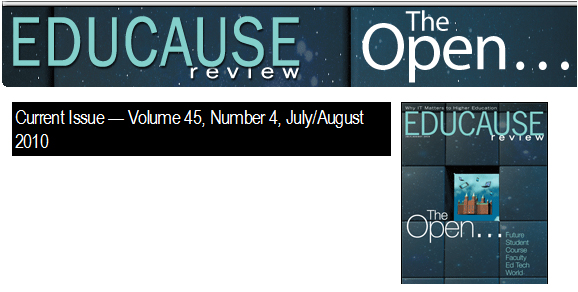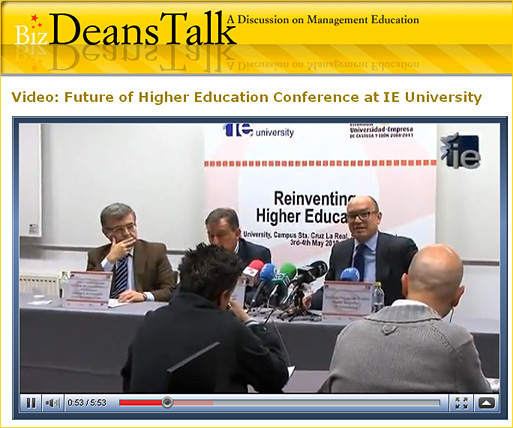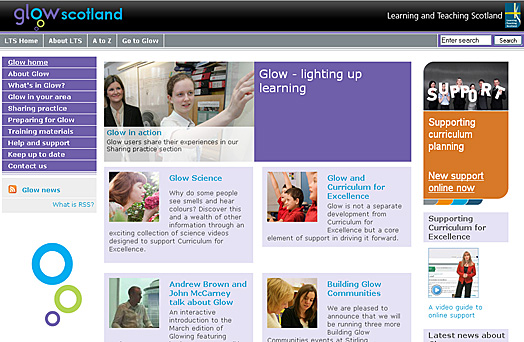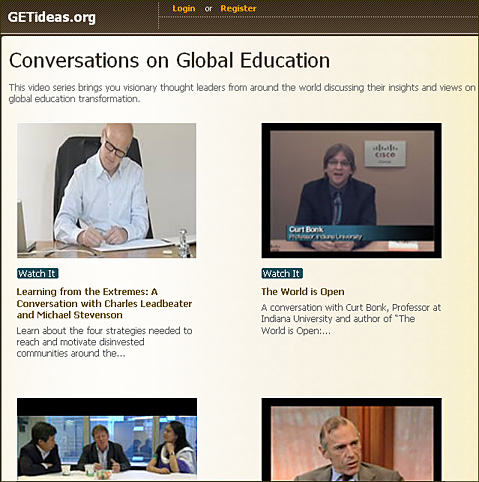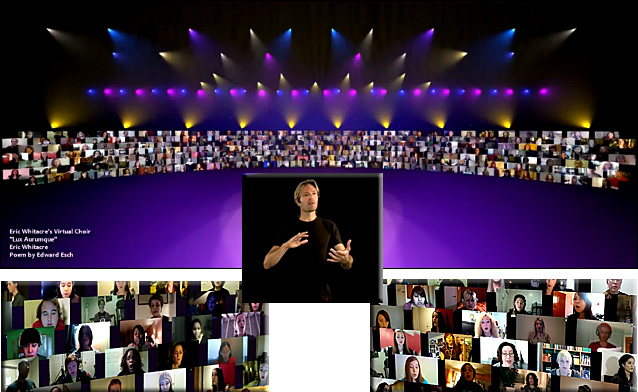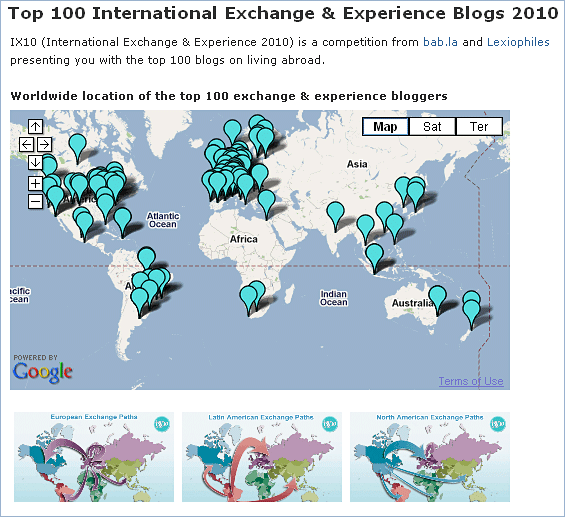U People partners with Computer Exchange to support worldwide schooling — from CampusTechnology.com by Dian Schaffhauser
An online university that offers tuition-free education is teaming up with an organization that works to make computer labs available to young people in developing countries. The University of the People will work with the World Computer Exchange with the goal of enabling qualified people without computers to become students within U People.
The Computer Exchange is a grassroots network of volunteers in 71 countries that provides logistics for finding and deploying computers, materials, and services; training partners and maintaining networks; and building partnerships between universities in rich and poor countries. The organization estimated that, currently, its partners run 2,650 computer labs. As part of the new agreement, the Exchange will promote U People to prospective students using its services.
Online university aims to build sites in 6 developing countries — from The Chronicle by Kelly Truong
Through a new partnership with World Computer Exchange, the upstart online institution University of the People hopes to build communication centers in six developing countries over the next six months, allowing students without good Internet access to take online courses.
University of the People, founded in 2009, promises tuition-free education in business administration and computer science. The university says its enrollment includes approximately 500 students from nearly 100 countries.
10 places to exchange education information online — from the International Higher Education Consulting Blog by David Comp
You might also be interested in this link as well:
20 Places to Create and Find Free Courses Online — from Teacher Reboot Camp by Shelly Terrell
innovation = change which creates a new dimension of performance — Nigel Paine / Peter Drucker
innovation does not = creativity
creativity = the ability to transcend traditional ideas, rules, patterns…to create meaningful new ideas; originality (creativity = techniques, uncomplicated, and is usually quite fun — but creativity is not innovation)
— from 5 Big Global Trends in Education at the blog “On an e-journey with generation Y”
World Bank opens up datasets — from Bryan Alexander
A large amount of data about the developing world has just been made freely available by the World Bank.
GlobalEnglish sees rapid growth for online corporate English instruction — from VentureBeat.com
Which refers/links to:
“This is hauntingly beautiful” — from TipLine – Gates’ Computer Tips
From DSC:
You have got to check out this “virtual choir”! (resource from TipLine – Gates’ Computer Tips)
Not only is this a beautiful piece of music, but an excellent example of a cross-disciplinary project! Includes: art, music, videography, design, and more. Again, how awesome would this be to see on a wall-sized monitor!
I’m a former music teacher who still has a deep passion for beautiful music. I’ve often tweeted about listening to Beibl’s “Ave Maria” sung by the Turtle Creek Chorale when it comes on my itunes. And, I’ve posted about Bobby McFarren and about Perpetuum Jazille singing “Africa” that’s just VERY cool. And, I’ve posted about the Youtube Symphony orchestra and PS22 fifth graders, and the youth orchestra on TED and even a vegetable orchestra. I love beautiful music.
So, when I first heard these two pieces I first LOVED the idea of a virtual chorus – singers from 12 countries contributing virtually to a performance. Now THAT is a VERY cool idea. Then I started to watch the video responses to that video and I found myself completely blown away.
Here is the first video performance. It’s Eric Whitacre’s Virtual Choir – ‘Lux Aurumque’
2010 Annual Conference Presentations — from The Association of International Education Administrators (AIEA)
International perspectives on higher education funding structures — from GlobalHigherEd.com
ENABLING WORLDWIDE LEARNING – THE “MULTI-VERSITY” — from Changing the Education Equation (part 3) – My Reflections on the 2010 HP Innovation in Education Worldwide Summit
This hybrid and distributed approach we used in our summit has wonderful (and challenging!) implications for how we think about “the learning institution” (universities, colleges, school systems), and there are many institutions already seeing the “disruption” at the end of the tunnel.
Ray Schroeder, one of our presenters on the panel, “Learning without Limits…” sent me a post-summit email in which he shared one example of the changing education institution, which he calls the “Multi-versity”:
“…following on Michael Horn’s predictions that community colleges and online universities are the delivery platforms in higher education today and tomorrow, [I believe] that the “day-after-tomorrow” will be the advent of the multi-versity. That is, colleges and universities collaborating in offering a vast range of interconnected classes from which students will select to fulfill degree requirements that allow for nearly unlimited emphases and specializations. The motivation for these multi-versity collaborations will be both push and pull – the economy is pushing higher education to become more efficient through sharing resources and the students are pulling universities to be more responsive to their individual needs for access to a wide range of classes. This, I believe is the true potential of [Google] Wave as a Web 2.0 platform, to enable and facilitate inter-institutional class collaborations that provide a diversity of perspectives and a rich breadth of information sharing.” (emphasis DSC)
From DSC:
I don’t mention this to support or plug Google Wave. Rather, I mention it because the idea of a multi-versity is a model that could easily happen (and, in fact, is already occurring to some degree).









